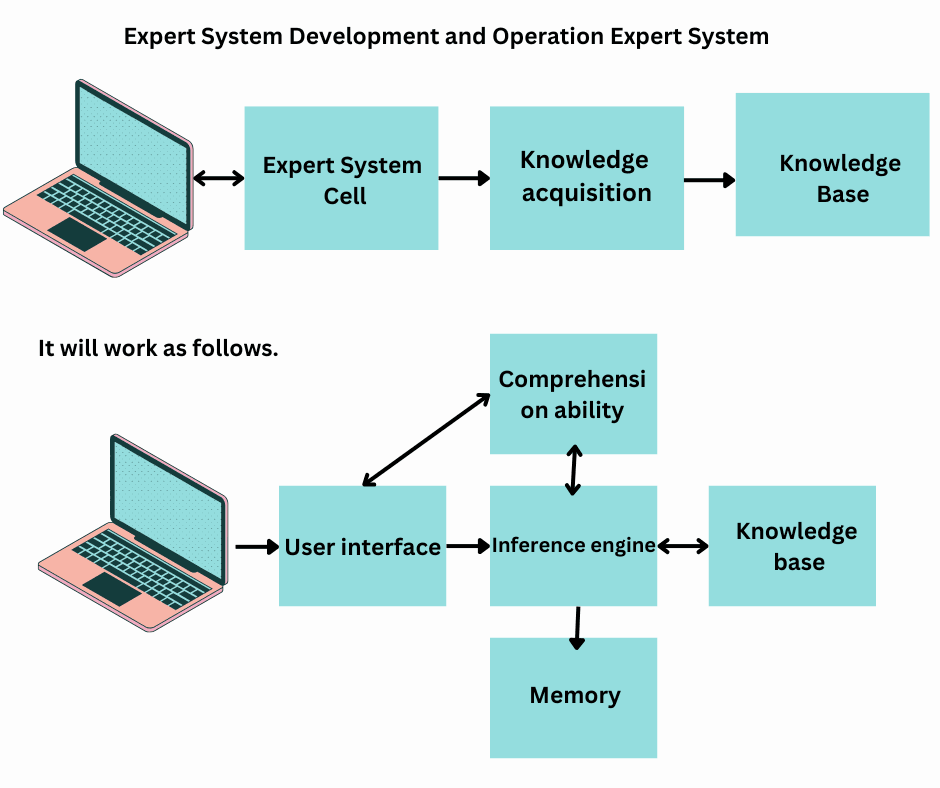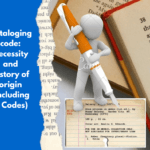Artificial Intelligence, abbreviated as AI, is still waiting for human technological success. Science fiction robots, androids, and other things that understand and can do everything will run all the world’s activities. If this is implemented, how will it be for humans? Whether the results will be good or bad cannot be understood now.
All current computer activities are based on the limits of human knowledge and intelligence. This is called a knowledge-based system. The computer can complete the instructions that humans give to the computer at an incredible speed.
What is Artificial Intelligence:
Artificial Intelligence (AI) embodies a computer’s remarkable capacity to analyze data, formulate conclusions, and make decisions that stem from intricate calculations and processing techniques. The results generated by AI can often surprise even the very individuals who programmed it, revealing unexpected insights and novel solutions. In many respects, this computational prowess mirrors the complexities of human thought and reasoning. When a machine exhibits a level of intellect akin to that of a human—crafting answers, opinions, and making choices—it is recognized as artificial intelligence. Although the term “machine intelligence” is sometimes employed as a synonym, subtle technical differences might set the two apart, adding layers to our understanding of this fascinating field.
Beginning of AI
The concept of AI began in 1950 at a seminar at Dartmouth College in the United States, where it was proposed that if a software program was developed to control a computer using signals, the computer could prove mathematical theorems that had previously been unsolvable. This was the foundation for defining a computer as possessing “artificial intelligence.”
Since then, AI has evolved significantly. Numerous machines have been created, ranging from simple gambling devices to complex systems that can play advanced games like chess. The first chess programs relied on humans to identify potentially winning moves from a vast number of possibilities. The computer would then make decisions based on these moves, all derived from pre-planned actions determined by humans. While humans play chess using their intuition and experience, known as “heuristics,” computers initially relied on a process of trial and error.
By incorporating human heuristics into chess programs, computers transformed from simply calculating possible moves to playing at an expert level, akin to skilled human players.
The two main features of AI are the ability to understand natural human language and the capacity for reasoning. Mastering these two abilities would enable a computer to function as a truly intelligent machine, operating on an expert system.

What does expert system mean:
A system that expects arguments from human experts and can solve problems with their advice. The software system that receives these arguments and advice from a computer through a program (software system) is called an expert system.
Expert systems can be used to represent ‘knowledge’ through various technologies such as rule-based systems, frame-based systems, predicate-based systems, and many more. Rule-based systems are the most widely used of these.
At the heart of a rule-based system is the knowledge base. That is, all the knowledge and prior information about the subject being worked on will be in the data bank, and the expert system will use that to make decisions.
The application of machine intelligence to the three complex problems of library cataloging, classification, and indexing has been considered since the beginning of modern computers. In this regard, the Machine Readable Catalogue, abbreviated as MARC, has been in operation since the late 1960s. It is a joint effort of the British National Bibliography and the Library of Congress, as well as various information institutions, library associations, and IT experts.
Cataloging, classification, and subject indexing activities are basically rule-based, meaning each activity has specific policies and rules. When a librarian receives a new book, he will create a catalog entry for the book according to those rules, knowing what the subject matter is, classify it and create subject headings. Let’s say that the following codes and rules are used in this bibliography:
For Cataloging —AACR
For Classification —Dewey
For Subject headings —Shares
For each of its functions, the librarian needs to study extensively and often possesses vague or incomplete knowledge about their uses. This concept of fuzzy knowledge is relevant to machine intelligence. Until now, machines have primarily operated on a binary system, meaning they could only search through ‘1’ or ‘0’ (yes or no). However, fuzzy logic enables searching in a way that resembles human reasoning, allowing for more nuanced outcomes beyond a simple binary choice.
If the title of a book is like this:
“Economics of developing countries with particular reference to UN’s role in South Asia”
The library decides whether to keep it on the Economics, UN, or South Asia shelves. Let’s say the topics of the book he thinks are economics, developing countries, the United Nations, and South Asia. Even if there is special emphasis on
Srilanka in the book, Srilanka will also be considered a special topic. Or it may be that he reads that the book only describes various projects and programs of the United Nations; economics is not the main subject in it. He will give appropriate headings with this information. He will do this based on knowledge and practice, and this knowledge and practice work a lot through fuzzy logic.
With the current improvements in computers, this fuzzy logic machine will soon be able to work properly. At present, computers can display the spelling, sentence structure, proper words, etc., of any document by applying dictionaries, thesauruses, and grammar. It is possible to keep all the information and instructions of Dewey, AACR, and Sears in computers, and some modern library software has been prepared in this way. In the future, if the original information is given to the computer, it is expected that the computer will be able to catalog and classify it as per the previous decision and will be able to give subject headings. Still, there will be work for humans and with the help of computers, they will be able to invest in it



